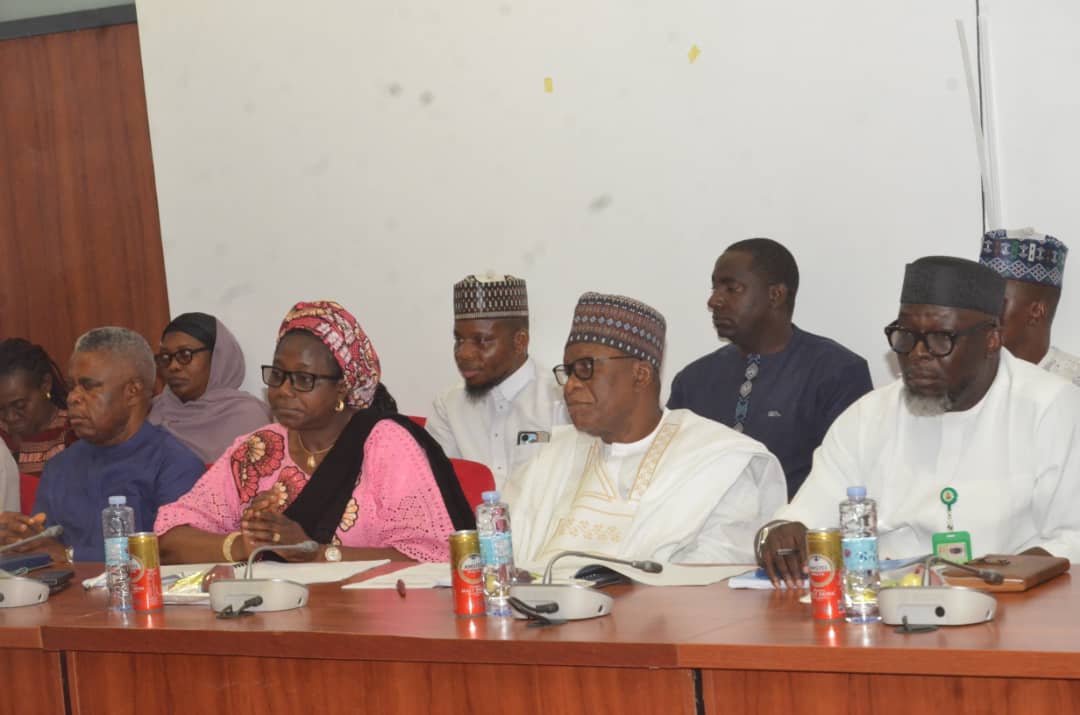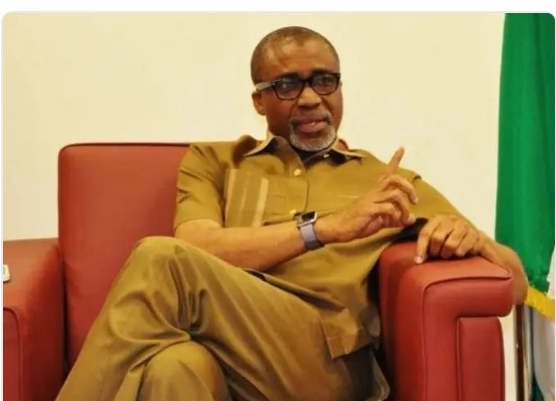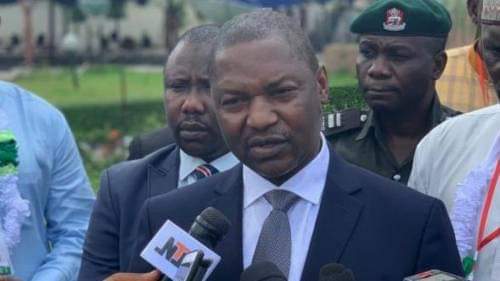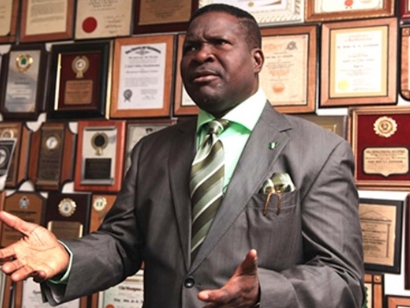
NASS Receive New Minimum Wage Bill
The National Assembly is set to receive an executive bill on the new national minimum wage on Tuesday, following an agreement reached between President Bola Tinubu and labour leaders on a wage increase.
In a meeting held at the Aso Presidential Villa in Abuja on Thursday, President Tinubu, along with the Nigeria Labour Congress and the Trade Union Congress of Nigeria, represented by their presidents Joe Ajaero and Festus Osifo respectively, agreed to raise the minimum wage to N70,000. This new wage will replace the previous N30,000 minimum wage, which expired on April 18, 2024.
Bayo Onanuga, the Special Adviser to President Tinubu on Information and Strategy, confirmed that the executive bill would be presented to the National Assembly by Tuesday. “The minimum wage bill will be submitted to the National Assembly by Tuesday,” Onanuga stated. “The President informed the labor leaders that it would be ready by then.”
During the announcement, President Tinubu emphasized his commitment to improving workers’ conditions. “I have always strived to address workers’ issues,” he said. “No federal employee should earn less than N70,000. We will establish this as the new benchmark.”
The Tripartite Committee on the New National Minimum Wage, established in January, had submitted two proposals to the President after failing to reach a consensus. The government and the organized private sector proposed N62,000, while organized labor demanded N250,000. President Tinubu requested additional time to consult with stakeholders to harmonize these figures before sending an executive bill to the National Assembly.
After further discussions with the organized private sector and sub-national entities, President Tinubu met with NLC and TUC leaders last week. Although no agreement was reached initially, further consultations led to Thursday’s resolution.
Following the meeting, Minister of Information and National Orientation Mohammed Idris expressed satisfaction with the outcome. “Today is a happy day for Nigeria,” he said. “Both the Federal Government and organized labor have agreed on a new minimum wage of N70,000. This agreement also includes significant government investments in infrastructure and renewable energy, as well as local government autonomy.”
The government has also committed to paying withheld salaries of the Senior Staff Association of Nigerian Universities and the Non-Academic Staff Union of Universities. Additionally, there will be an increase in investment in compressed natural gas (CNG) buses to support the country’s transition to cleaner energy.
Idris praised the labour leaders for their patriotism and collaboration with the government. “We appreciate the role of organized labor in ensuring unity and prosperity for Nigeria,” he said. “Their agreement today reflects a shared commitment to the country’s future.”






